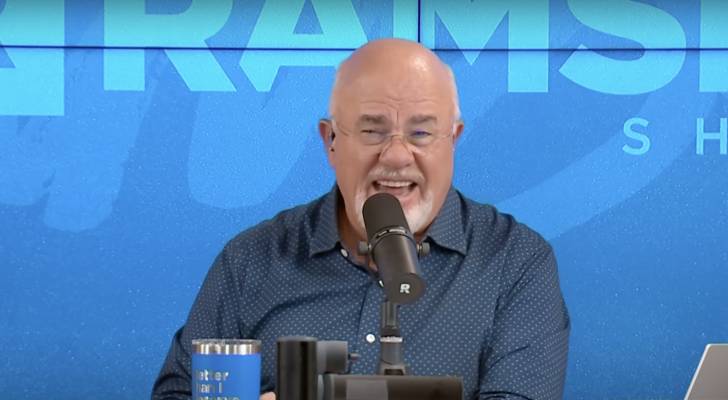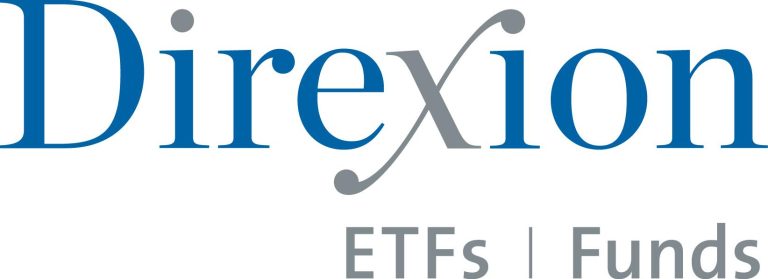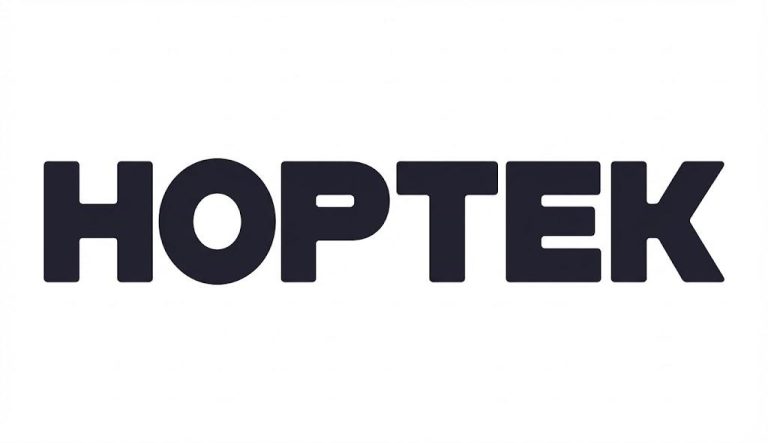
James from New York graduated from college nearly a decade ago. But his parents just informed him that they had taken out a parent PLUS loan to help pay for his college tuition — a loan he wasn’t aware of — and now they want him to pay them back.
Trending Now
- Thanks to Jeff Bezos, you can now become a landlord for as little as $100 — and no, you don’t have to deal with tenants or fix freezers. Here’s how
- I’m 49 years old and have nothing saved for retirement — what should I do? Don’t panic. Here are 6 of the easiest ways you can catch up (and fast)
- Dave Ramsey warns nearly 50% of Americans are making 1 big Social Security mistake — here’s what it is and 3 simple steps to fix it ASAP
“I literally didn’t know it existed,” he told the hosts of The Ramsey Show. He had paid for college through grants, federal financial aid and a loan of $15,000, which he has paid off.
But, apparently, his parents also took out a parent PLUS loan of $13,000, which they only made minimum payments on, so with interest the loan now totals around $17,000.
“This is not morally right what your parents are asking you to do. It’s maddening and it’s frustrating,” said Dave Ramsey. Here’s what he advised James to do.
The dilemma
Direct PLUS loans are available from the federal government for parents and graduate or professional students to help cover educational expenses.
When parents borrow for their child’s education, it’s commonly referred to as a parent PLUS loan, which is designed to cover the funding gap between the cost of tuition and the amount of federal student aid a student receives.
Since the parent PLUS loan is in his parents’ name, “legally it’s their responsibility,” said co-host George Kamel. The issue is more about what James should do from a moral or ethical standpoint.
James and his wife make a combined $305,000 a year. They’ve built up an emergency fund of $30,000 and their only debt is a car loan, which will be paid off in less than a year. While they could have paid off the car in cash, they didn’t want to dip into their emergency fund.
Ramsey said James should commit to getting control of his money. That starts by paying off his car immediately. “And, I probably given the disparity in income, the fact that you guys make this much money, I’m probably going to reach over there and just pay that other loan off,” he said. From there, they can start saving to replenish their emergency fund.
But, he added, it’s “completely fair” if James chooses not to pay his parents back.
“It’s not fair that you come up to someone a decade later, tell them something that they didn’t even know existed, that they did not agree to, and ask them to pay something from a decade earlier,” said Ramsey. “That’s ridiculous.”
He said James has a right to be angry about it and so does his wife, who’s been unwittingly dragged into the situation.
By taking control of his finances, James could clean up his parents’ student loan debt in two months — either paying back his parents or, better yet, applying that money directly to the loan, said Kamel.
With an annual household income of more than $300,000, “you can clean this debt up and savor the relationship with your parents or you can let it crush the relationship because people are petty,” he said.
Read more: Here are 5 ‘must have’ items that Americans (almost) always overpay for — and very quickly regret. How many are hurting you?
Alternatives to parent PLUS loans
Parent PLUS loans are “a cancer on relationships,” said Kamel.
Parents end up paying a higher interest rate than a normal loan “for the pleasure of your kid going to college,” he said, and then they struggle to pay it back. “This is the story we hear time and time again.”
If you’re borrowing money to pay for your child’s education, it’s important to know what you’re getting into.
As of July 1, 2025, the interest rate on a new Direct PLUS loan is 8.94%, which is the fixed rate for the life of the loan. That can add up — in the case of James’ parents, their minimum loan payments have resulted in an extra $4,000 in interest on top of the original loan.
While there’s the potential for loan forgiveness, hoping for debt forgiveness is not a financial strategy when it comes to debt repayment.
Other options include taking out a private loan, which may offer higher loan limits and lower interest rates. It’s also possible to borrow from your 401(k), but most experts don’t recommend this as it could impact your retirement. It’s well worth a chat with your financial advisor about your options and what makes the most sense for your situation.
Starting early — while your child is still actually a child — means you can avoid taking out a loan in the first place. For example, you can set aside money in an Education Savings Account (ESA), which allows you to invest up to $2,000 in after-tax dollars per child, per year, and it grows tax-free.
“The distributions are tax-free to the extent the amount of the distributions doesn’t exceed the beneficiary’s qualified education expenses,” says the IRS. “If a distribution exceeds the beneficiary’s qualified education expenses, a portion of the earnings is taxable to the beneficiary.”
This can supplement a 529 plan, which allows you to save more than $2,000 a year, but Kamel warns that some plans aren’t any good.
“I wouldn’t use a prepaid 529 plan that freezes your tuition savings rate or automatically changes your investments based on the age of your child. Stay away from so-called ‘fixed’ or ‘life phase’ plans too,” he writes in a blog for Ramsey Solutions.
But, if you do take out a parent PLUS loan and expect your child to be partially or fully responsible for paying it back, that should be clear from the outset. This involves setting expectations with your child about who will be responsible for what — before ever taking out the loan.
It could also involve a discussion of how interest works and why it’s important to make regular payments.
In James’s case, his parents never actually told him about the loan so, as Ramsey pointed out, he’d be well within his right to walk away. But since it’s a relatively small amount of money, and James can afford it, Ramsey said he might want to “just write a check today just to get rid of it.”
What to read next
- Robert Kiyosaki warns of a ‘Greater Depression’ coming to the US — with millions of Americans going poor. But he says these 2 ‘easy-money’ assets will bring in ‘great wealth’. How to get in now
- The ultrarich monopoly on prime US real estate is over — use these 5 golden keys to unlock passive rental income now (with as little as $10)
- This tiny hot Costco item has skyrocketed 74% in price in under 2 years — but now the retail giant is restricting purchase. Here’s how to buy the coveted asset in bulk
- Want an extra $1,300,000 when you retire? Dave Ramsey says this 7-step plan ‘works every single time’ to kill debt, get rich in America — and that ‘anyone’ can do it
Stay in the know. Join 200,000+ readers and get the best of Moneywise sent straight to your inbox every week for free. Subscribe now.
This article provides information only and should not be construed as advice. It is provided without warranty of any kind.


